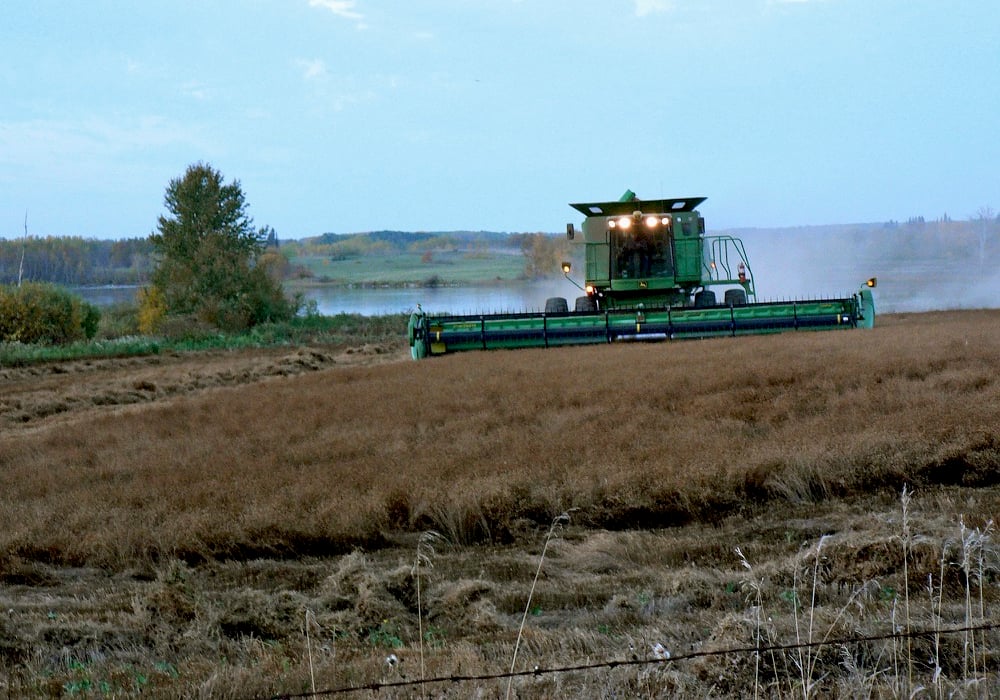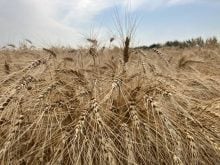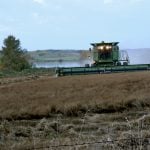Kyiv | Reuters — The introduction of a 10 per cent duty on Ukrainian rapeseed and soybean exports has virtually halted Ukrainian exports due to a lack of clear government procedure on the documents needed for shipment, the country’s largest farmers union UAC said on Monday.
Why it matters: Ukrainian rapeseed competes with Canadian canola into European markets.
Ukraine is a major exporter of rapeseed and soybeans, mostly to European countries. The duty might create short-term price volatility, although traders expect the government to intervene before there are longer-term implications.
Read Also

Most of Manitoba harvest wraps up for 2025
Manitoba Agriculture issued its final crop report of 2025, showing the overall provincewide harvest at 97 per cent complete as of Oct. 20. Nearly all major crops have finished combining, with 37 per cent of Manitoba’s sunflowers finished, plus 71 per cent of grain corn and small amounts of soybeans and potatoes left to do.
The Ukrainian parliament passed a bill in July imposing the duty on exports of the two oilseed crops with the aim of increasing domestic processing volumes and boosting revenue for a state budget strained by the war with Russia.
Ukraine’s grain traders union, UGA, and the UAC opposed the decision, saying the duty could simply reduce purchase prices on the domestic market, hitting farmers’ incomes.
The government has not commented on the situation.
However, analysts say the duty is unlikely to lead to significant export reductions.
On Monday, consultancy APK-Inform said it still forecasts soybean export shipments, which have not yet begun, at 2.6 million to 2.7 million tonnes. The rapeseed export forecast has also remained virtually unchanged at 2.4 million to 2.5 million tonnes.
UAC said the country exported about 640,000 tonnes of rapeseed from July to early September.
It noted that at least 400,000 tonnes of rapeseed were contracted for export this month and around 200,000 tonnes for October.
Ukraine has completed the 2025 rapeseed harvest, threshing 3.25 million tonnes.
“As of September 5, exports have been completely halted. With a 10 per cent duty, it is possible (to export), but ships are waiting in ports because the shipments contain mixed products from both producers and traders,” UAC said in a statement.
Exports are not subject to duty if the farmer sells their own rapeseed and soybean products.
“The problem lies in the lack of a clear procedure for documenting the origin of products grown by agricultural producers or cooperatives themselves,” the union said.















